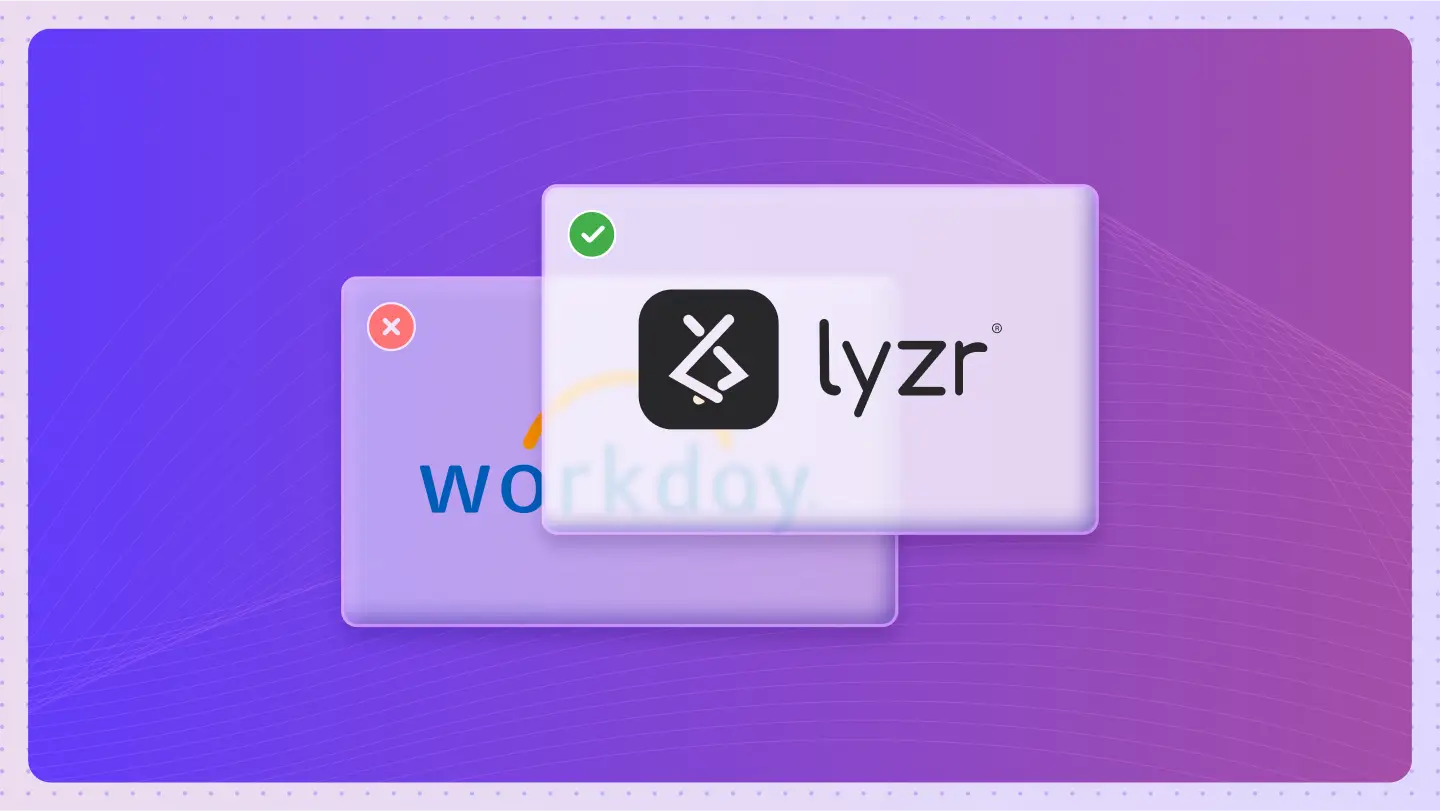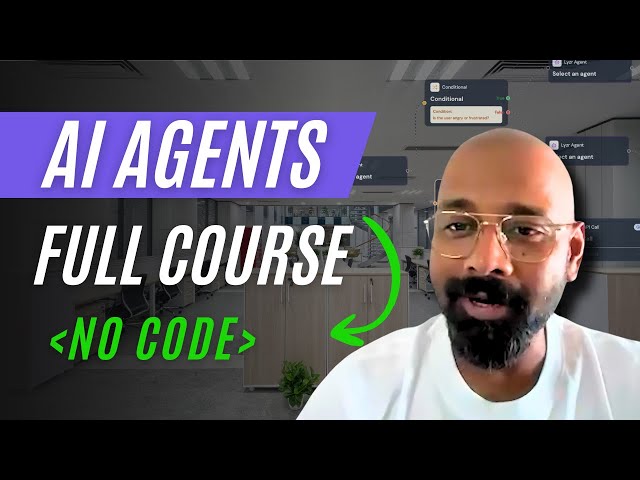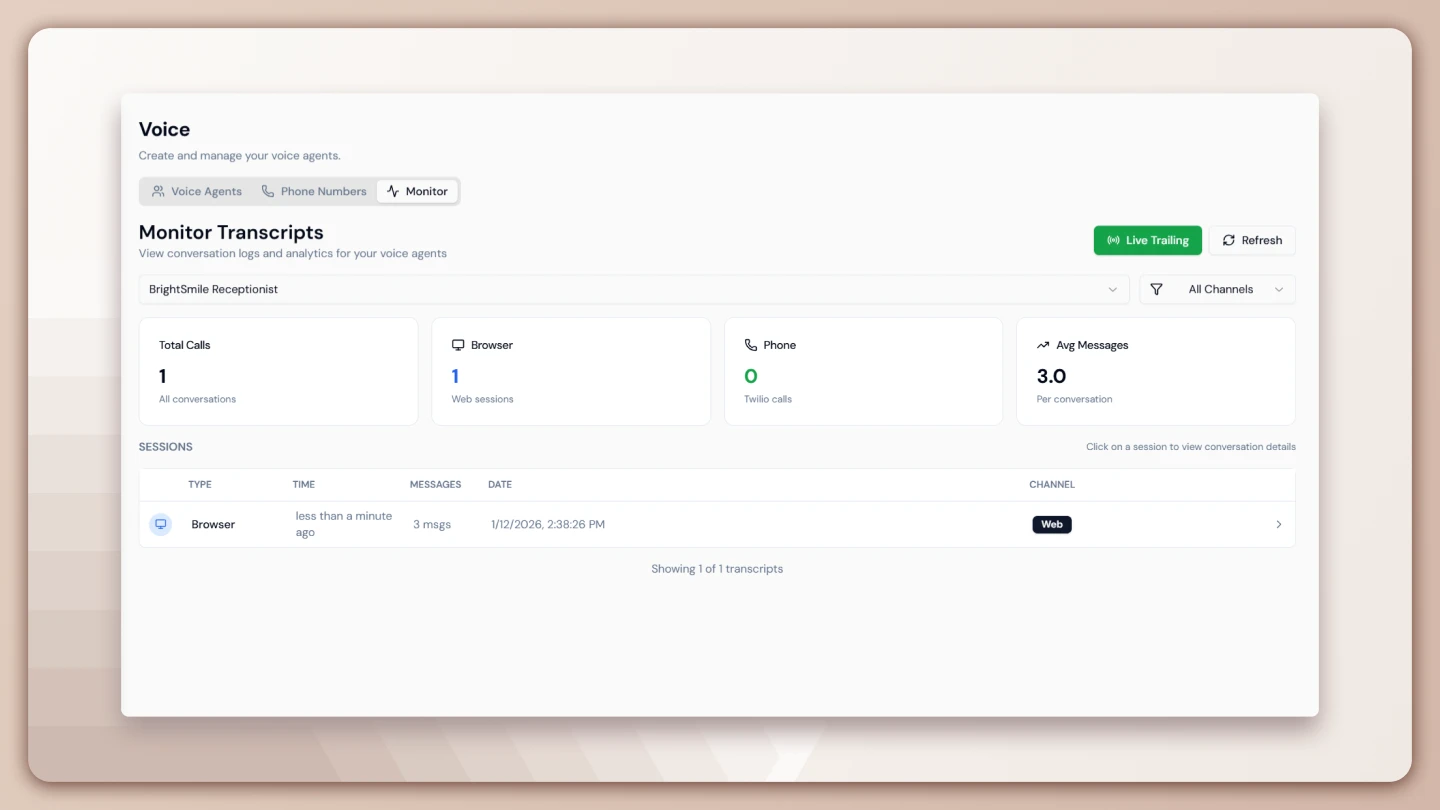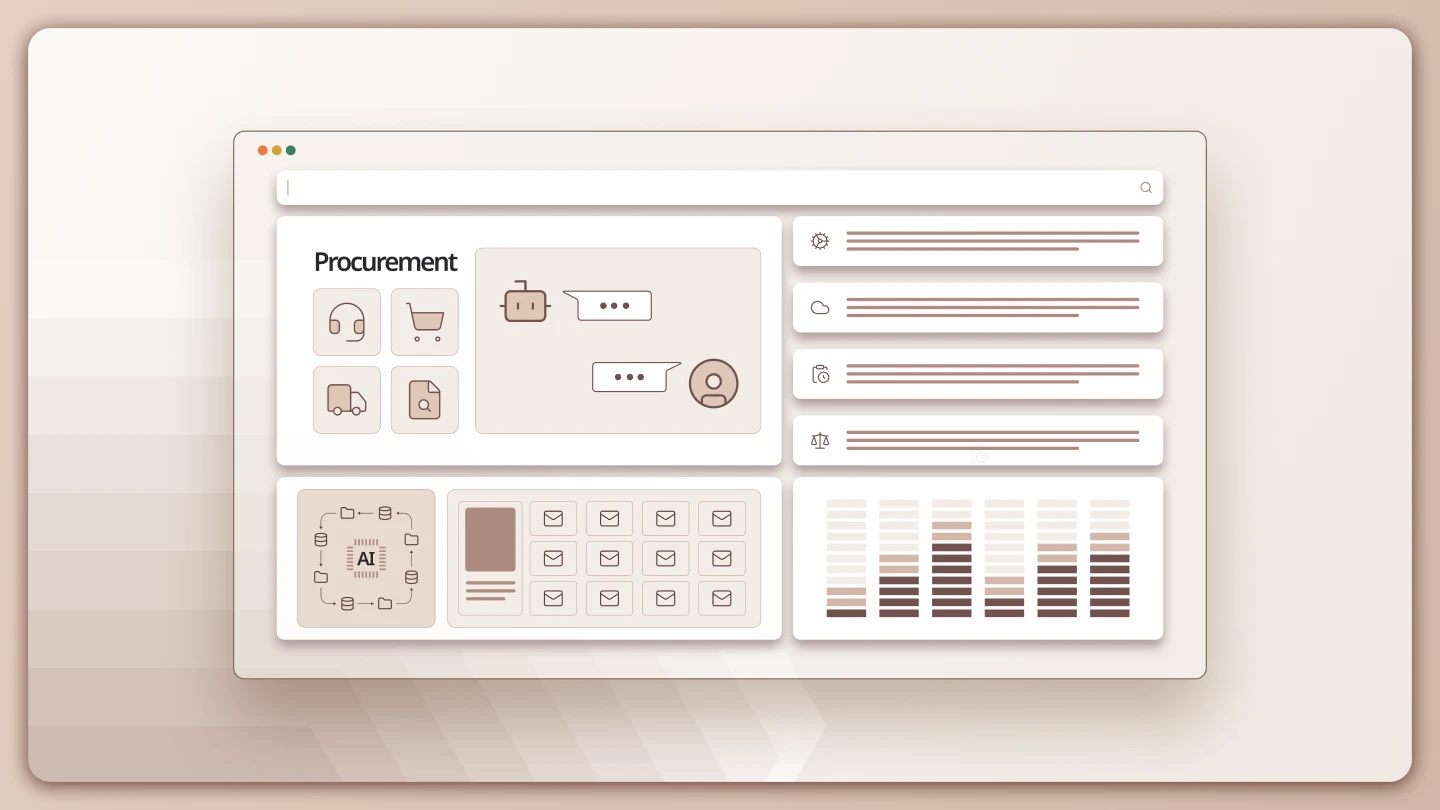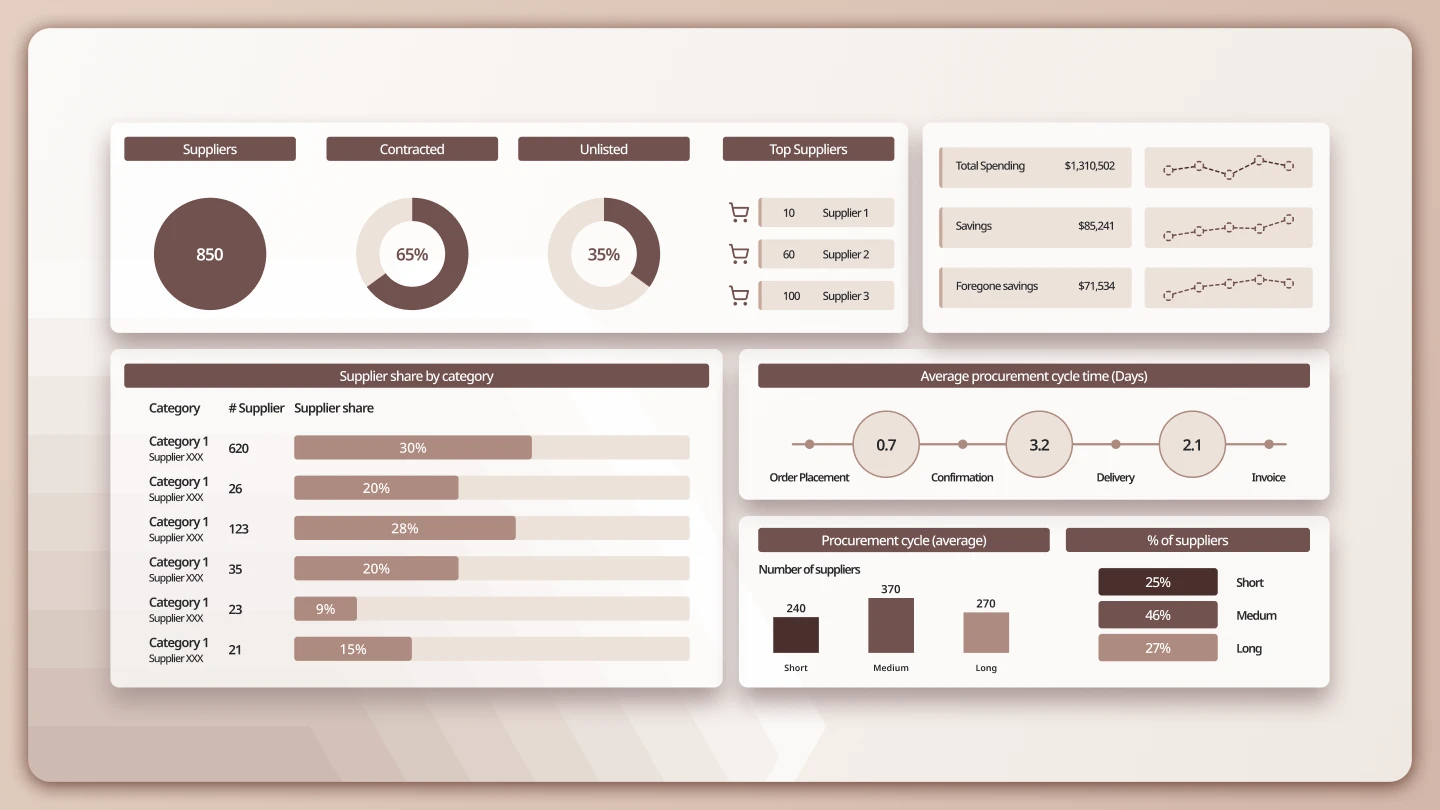Table of Contents
ToggleIf you’ve spent any time with AI chatbots, you’ve probably noticed a difference in their personalities.
Let’s take two popular examples: ChatGPT and Perplexity AI.
You might ask both the same question. ChatGPT often gives you a fluid, confident, and comprehensive answer drawn from its vast internal knowledge. But a nagging question lingers: Where did it get that from?
Then you try Perplexity. It also gives you an answer, but with a crucial difference: it’s peppered with little numbers and footnotes. It shows you its work, listing the articles and websites it used to construct the answer. Instantly, it feels more credible. You can check the sources yourself. You have a reason to trust it.
This highlights the single biggest hurdle for AI in knowledge search hallucination. An AI Agent “hallucinates” when it states something as fact that is incorrect or completely fabricated. It’s not lying it’s just generating what it statistically predicts should come next, without a grounding in real-time, verifiable facts.
The key difference is, grounding. Perplexity grounds its answers in specific sources, solving the trust problem. The technical framework that makes this possible is known as Retrieval-Augmented Generation (RAG). It’s the engine that transforms a generalist AIinto a specialist research agent.
To understand how RAG makes an AI a trustworthy partner, we will explore:
- The ‘open-book test’ at its core: How RAG forces an Agent to first Retrieve verifiable facts from a specific knowledge base before it is allowed to Generate an answer, dramatically reducing hallucinations.
- The secret to a smart library: How we turn a messy collection of documents into a searchable ‘map of meaning’ that allows an AI to find information by concept and context, not just keywords.
- Beyond web search to private expertise: How this technology is the key to building secure, custom AI agents that become true experts on your internal data, for any project or company.
The Open Book Test-How It Works
So, how does an AI actually perform this “open-book test”? The magic happens in a two-part process. First, we have to build the “library” (the knowledge base), and second, we teach the Agent how to use it to answer questions.
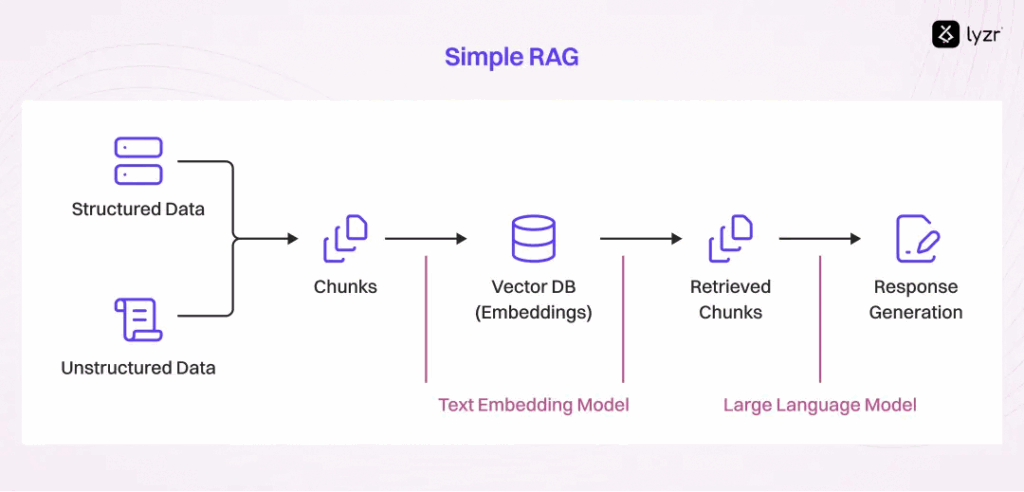
Phase 1: Building the Smart Library (Indexing)
Before you can ask a single question, the Agent needs to read and organize your documents. This isn’t like just dropping files into a folder. It’s an intelligent indexing process.
- Chunking: An Agent can’t swallow a 100-page document whole. So, the system first breaks down all your source material PDFs, web pages, text files into smaller, digestible paragraphs or “chunks.”
- Creating Embeddings: This is the most crucial step. Each chunk is converted into a numerical representation called a vector embedding. Think of this embedding as a unique digital fingerprint or a coordinate on a giant “map of meaning.” Chunks with similar concepts will have similar fingerprints and will be located near each other on this map.
For example, a chunk about “solar panel efficiency” will be mapped very close to a chunk about “photovoltaic energy output,” even if they don’t share the exact same keywords.
This one-time process turns your static documents into a dynamic, searchable vector database. The Agent now has a highly organized library where it can find information based on conceptual meaning, not just word matching.
Phase 2: The Search and Synthesize Loop (RAG in Action)
Now that the library is built, here’s what happens every time you ask a question:
- The Question (Retrieve): First, your question is also converted into a vector embedding the same kind of digital fingerprint. The system then uses this query fingerprint to search the vector database. Its goal is to find the document chunks whose fingerprints are the closest match to your question’s fingerprint. This is the “Retrieval” step. It pulls the top 5 or 10 most relevant passages from your documents.
- The Contextual Answer (Augmented Generation): The Agent now has two key ingredients:
- Your original question.
- The handful of highly relevant text chunks it just retrieved.
It bundles these together and sends them to a powerful large language model (LLM) like the one behind ChatGPT. But it adds one critical instruction: “Answer this question using only the provided text as your source of truth.”
This is the “Augmented Generation” part. The LLM uses its incredible language skills to craft a perfect, human-like answer, but its knowledge is strictly limited to the factual, verified information you provided. It synthesizes the retrieved chunks into a single, coherent response and, just like Perplexity, can easily cite the exact sources it used.
This elegant process is the difference between an Agent that might be right and an Agent you can prove is right. It grounds the AI in reality, turning it from a creative storyteller into a reliable research assistant.
Powered by advanced Large Language Models (LLMs), these agents can comprehend the nuances of human language, reason about complex queries, and interact with various data sources. They don’t just match keywords; they understand intent and context, allowing them to navigate vast knowledge bases from internal company wikis to the entire web with a level of precision that mimics a human expert.
Core functions of Knowledge agents
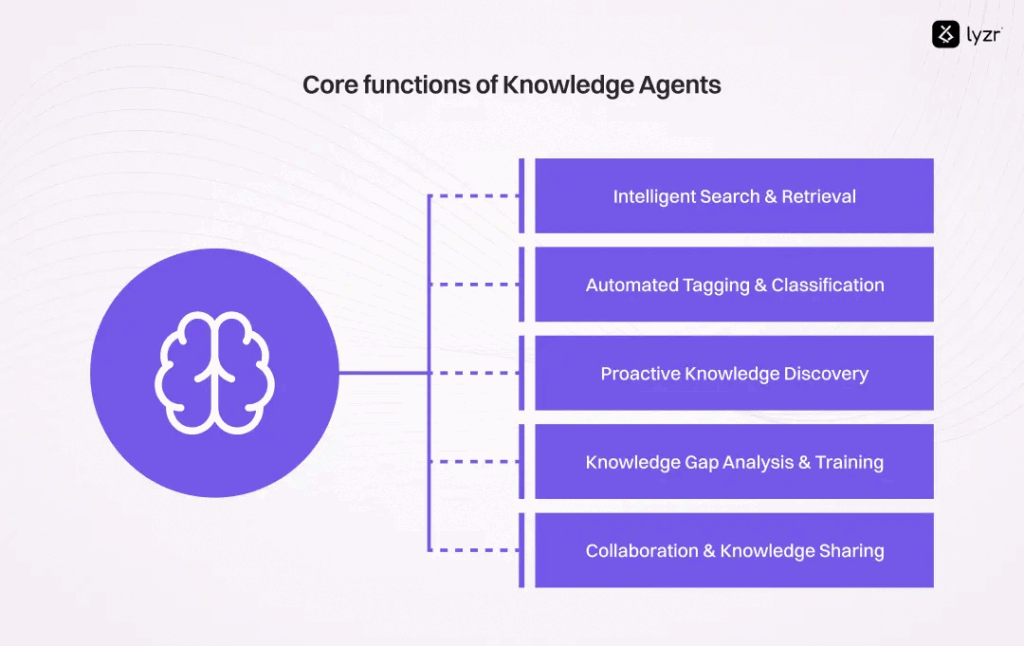
Bringing It Home: What This Means for HR
So, what does all this mean for HR teams?
It means you can finally turn your organization’s collective HR knowledge into a living, searchable system one that never forgets, never sleeps, and never makes you dig through folders again.
In every company, HR owns a massive amount of critical knowledge policies, onboarding materials, compliance guides, FAQs, training resources, and internal updates. But most of it lives in PDFs, SharePoint folders, Slack threads, or emails. Finding the right piece of information when you need it is hard not because the knowledge doesn’t exist, but because it’s buried.
Masterclass on AI Agents for CHRO’s and HR Manager’s
That’s exactly the problem AI-powered Knowledge Search Agents solve.
AI Knowledge Agents for HR: From Policy Docs to Instant Answers
Imagine if every employee could ask:
- “How many casual leaves do I have left this year?”
- “What’s our hybrid work policy?”
- “Where can I find the reimbursement form?”
- “What’s the procedure for internal job transfers?”
Instead of waiting for HR responses or scrolling through documents, they’d get instant, policy-accurate answers grounded directly in your verified HR database or documents.
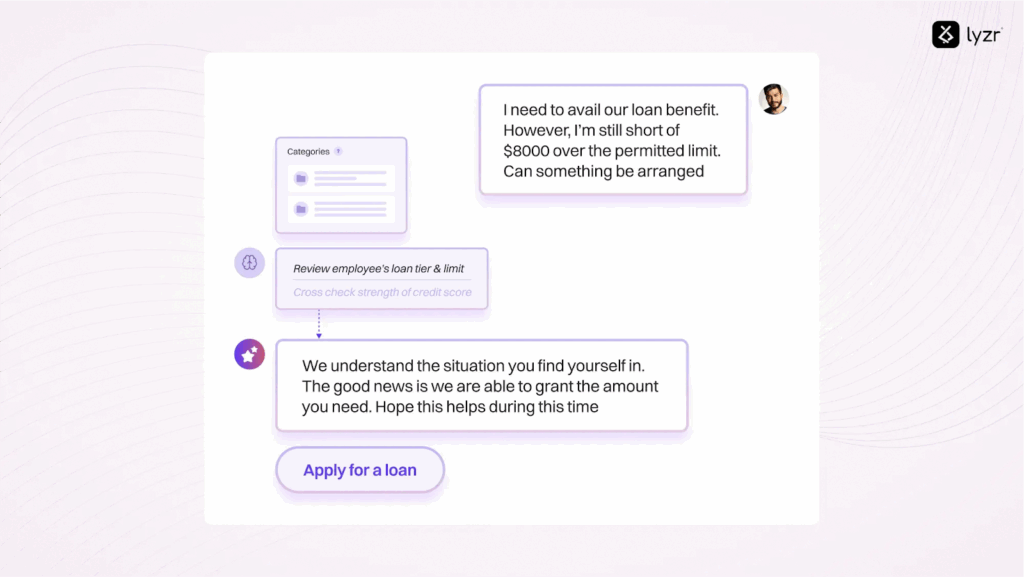
That’s the power of an HR Knowledge Agent built using the same RAG framework we just explored.
| Step | What Happens | HR Example |
| 1. Build the Library | The agent reads and indexes all HR documents (policies, benefits, training, compliance). | Upload the Employee Handbook, Leave Policy PDF, and internal FAQ. |
| 2. Intelligent Retrieval | When an employee asks a question, the system finds the most relevant sections of those docs. | Employee asks: “Can I carry forward unused leaves?” |
| 3. Grounded Answer Generation | The LLM generates an answer only from those HR sources — no guesswork. | “According to company policy, up to 5 unused casual leaves can be carried forward.” |
Why HR Leaders Should be Adopting It
- Reduce Repetitive Queries
Free your HR team from hundreds of repetitive employee questions each month. - Empower Employees with Self-Service
Give every employee a 24/7 “HR Concierge” that can instantly answer questions from verified sources. - Ensure Consistency and Compliance
Eliminate the risk of inconsistent or outdated answers every response comes from the same approved knowledge base. - Accelerate Onboarding & Training
New hires can instantly find policies, resources, and contacts without waiting on emails or HR support.
Building HR Knowledge Agents with Lyzr
But how do you actually build and deploy these AI-powered HR agents? That’s where Lyzr comes in.
Lyzr is a platform designed to turn internal knowledge into intelligent, actionable AI agents without requiring engineers or complex infrastructure. With Lyzr, your HR team can:
- Easily Create Agents (No-Code): Upload handbooks, policies, FAQs, and onboarding materials. Lyzr automatically indexes, chunks, and embeds your documents into a searchable knowledge base.
- Provide 24/7 Employee Support: Employees can ask questions in natural language on Slack, Teams, or a web portal and receive instant, policy-accurate answers grounded in verified HR documents.
- Ensure Security & Compliance: All sensitive HR data stays within your organization. Every answer is sourced only from approved internal documents.
- Continuously Improve Over Time: Lyzr tracks usage patterns, identifies gaps, and helps your HR agent become smarter with each interaction.
Real-World HR Example
A mid-sized company struggling with hundreds of repetitive HR queries each month deployed a Lyzr-powered HR Knowledge Agent.
Instead of waiting for HR responses, employees now ask the AI directly:
- “Can I carry forward unused leaves?”
- “Where’s the expense reimbursement form?”
Every answer is grounded in verified policy documents. HR response times dropped dramatically, and the team could focus on strategic initiatives instead of repetitive tasks.
From Knowledge to Empowerment
With Lyzr, your HR team doesn’t just manage information it activates it. Every document, policy, and training guide becomes part of an intelligent knowledge ecosystem your employees can talk to anytime, anywhere.

It’s how modern HR teams turn static documentation into a living, intelligent HR knowledge base powered by trustworthy AI.
- Explore Our Agent Studio: Discover the low-code components that power our custom agent solutions and see how they can be tailored to your unique data and workflows. Agent Studio
- Talk to an AI Strategist: Have a complex use case or stringent security requirements? Schedule a free discovery call with our team to discuss how a custom-built agent can solve your specific challenges. Talk to us
- Dive into the Documentation: For the developers ready to get their hands dirty, our comprehensive documentation and quickstart guides are the best place to begin building your first AI agent today. Get Started
FAQs
1. What is the main difference between AI knowledge search and a standard intranet search bar?
A standard search bar typically relies on keyword matching. It finds documents containing the exact words you typed. An AI-powered knowledge search, however, uses Natural Language Processing (NLP) to understand the intent and context behind your query. This allows it to provide direct, synthesized answers and find relevant information even if the document doesn’t use your exact keywords, leading to far more accurate and useful results.
2. How can an AI agent improve productivity for non-technical employees?
AI agents dramatically reduce the time employees spend searching for information a task that can consume hours each week. Instead of sifting through folders or asking colleagues for help, a non-technical user can simply ask a question in plain language and get an immediate, reliable answer. This accelerates decision-making, streamlines onboarding, and allows everyone to focus on their core responsibilities rather than on information retrieval.
3. What kind of ROI can a business expect from implementing an AI knowledge base?
Less time searching means more time working on value-added tasks.Both internal (IT/HR helpdesk) and external (customer support) ticket volumes can decrease as users find answers through self-service.
4. When should a company build a custom AI agent versus buying a pre-built tool?
You should consider building a custom AI agent if your organization has:
Highly sensitive or proprietary data that cannot be sent to a third-party cloud service.Complex or legacy internal systems that require custom integrations.Unique workflows that need an agent to perform specific, multi-step automated tasks beyond simple Q&A.The desire to create a unique competitive advantage from your internal data that off-the-shelf tools can’t provide.
For companies with more standard needs and a desire for quick implementation, a pre-built tool is often a great starting point.
5. Can an AI knowledge agent connect to all of our existing company applications like Slack, Google Drive, and Salesforce?
Yes, this is a core capability. Off-the-shelf tools typically offer a list of pre-built connectors for popular applications. Custom-built solutions using frameworks like Lyzr’s SDKs offer even greater flexibility, allowing developers to create bespoke integrations that connect to virtually any data source or API your company uses, ensuring a truly unified knowledge base.
Book A Demo: Click Here
Join our Slack: Click Here
Link to our GitHub: Click Here

